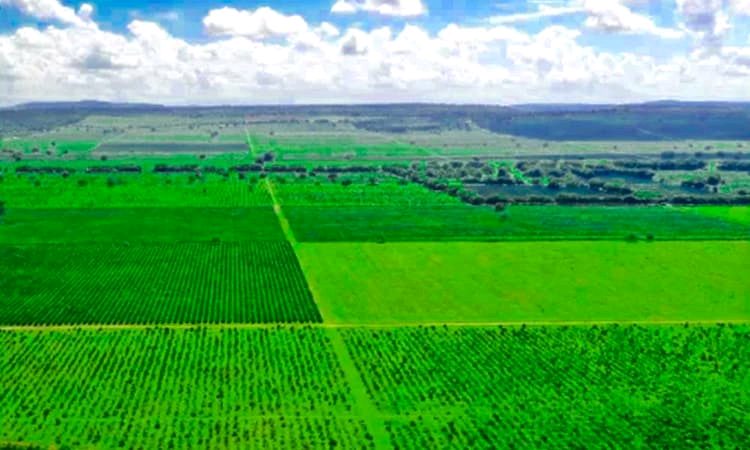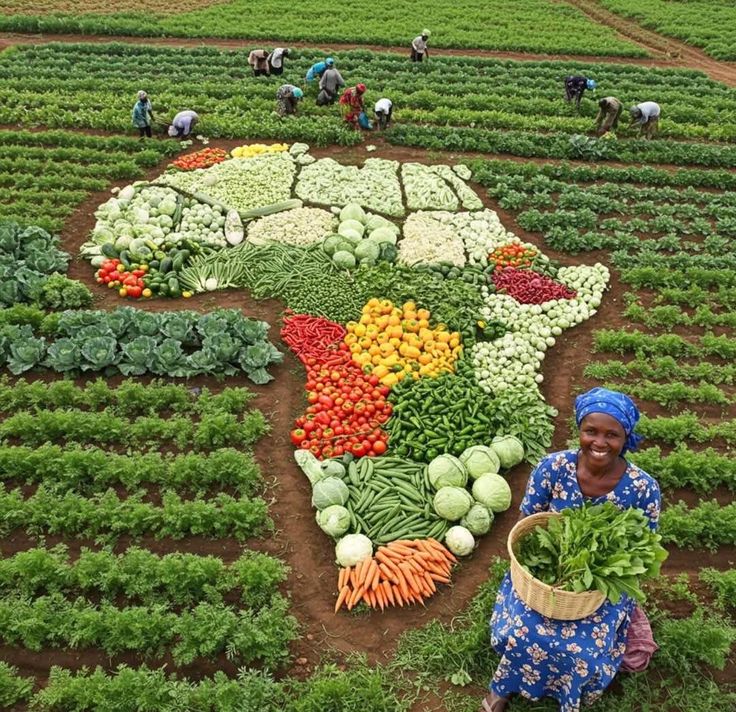
From sisal fields to Special Economic Zone, transformation of Vipingo
From sisal fields to Special Economic Zone, transformation of Vipingo-image
On a sweltering afternoon in Vipingo, children play along freshly paved streets, their laughter echoing between rows of new homes. Just a few years ago, this land was little more than endless sisal fields, a stretch of coast that most people drove past without a second thought. Today, it carries the heartbeat of possibility, families moving in, factories humming, and a city beginning to take shape where none existed before.
This transformation did not happen by chance. In 2018, a small team from Centum stood on the very soil where these homes now rise and dared to imagine something different. They spoke of building a model city, one that would attract industries, create jobs, and give ordinary Kenyans the chance to live, work, and dream in a place once dismissed as barren. Skeptics scoffed, but the vision persisted; first as rough sketches on the back of an envelope, then as bold plans for a billion-dollar city.
“The idea was simple but bold,” recalls Ken Mbae, Managing Director of Centum Real Estate.
He adds, “If you have been tasked to transform a remote parcel into an aspirational destination, let this be your motivation. There is no limit to what a small, persistent group can achieve.”
The first signs of change came quietly. Roads cut through the once-deserted land. Power lines and water pipes followed. Soon, homes began to rise, and more than 550 families found a place to belong in Vipingo. For early homeowners like Mary, the move has been life-changing.
“I never thought I’d own a modern home on the Coast,” she says, standing proudly at the gate of her new house in Awali Estate.
“What impressed me most was that everything was planned — water, electricity, even schools nearby. It feels like a real community.”
But Centum knew that housing alone was not enough. To turn land into a city, industries had to be planted too. And so came the game-changers: a private LPG terminal supplying energy, a cashew processing plant capable of handling Kenya’s entire cashew harvest, and a massive desalination plant producing 3 million liters of fresh water daily.
“These industries are not just facilities,” explains Mbae.
“They are anchors. They create jobs and signal to other investors that Vipingo is open for business.”
The real turning point arrived in July 2025, when KCB and Afreximbank signed off on KES 103 billion in financing for the Vipingo Special Economic Zone. In that moment, Vipingo shifted from promise to certainty. The financing unlocked a pipeline of investments expected to surpass USD 3 billion, with the potential to create more than 30,000 direct jobs.
For Centum, the growth has not only been physical but human. The company notes that many of the young analysts and associates who joined the project in its early years have since stepped into leadership roles, supported through mentorship, exposure, and responsibility. The model has shown that nation-scale projects can also become training grounds for future executives.
For the diaspora, Vipingo holds meaning as well. It is a chance to invest in more than just a house; to be part of industries that feed, employ, and power communities.
“Diaspora investors often ask us if there are opportunities beyond real estate,” says Mbae.
“Vipingo answers that question. It’s about building companies, creating jobs, and shaping the future economy.”
Standing at the gates of the Vipingo Special Economic Zone today, it is hard to believe that this was once a forgotten corner of the coast. The dusty plantation is gone.


